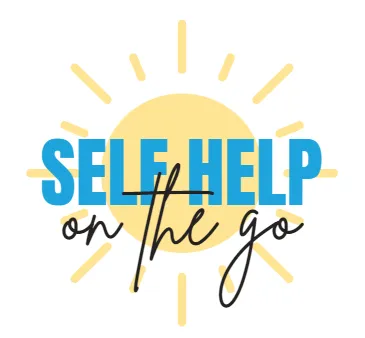

Tips to sleep better during the holidays
Sleep. One of our most basic activities today but one that often gets neglected at times of high activity like the holiday season. Getting an adequate amount of sleep can help insure you have the energy you need (and want!) to maintain a busy social calendar or simple cope with family and travel stress that invariably comes with this time of year.
According to the Institute of medicine, an average of 60 million Americans suffer from sleep problems. Sleep problems can range from oversleeping, referred to as “hypersomnia” to undersleeping, commonly called “insomnia.” People can have a range of symptoms, including having trouble falling asleep, staying asleep or struggle to wake up. Sleep, like nutrition and exercise is one of our building blocks to mental health, and sleep in particular is critical to safety and overall health. Sleep is our brain’s recharging mechanism, processes memories, and is linked to overall health markers such as blood pressure, heart disease and obesity. Insufficient sleep is also a safety concern, for example, lack of sleep can cause driving difficulties on par with driving drunk!
So how does a person prioritize sleep, especially when it is holiday season with all of its accompanying stresses and over-scheduling? You are probably already familiar with the typical suggestions, but they bear repeating:
Try for around 8 hours of sleep per night, in a cool room
Limit naps
Consume less caffeine
Go to bed and wake at about the same time each day (weekends included).
All of these tips are helpful and are worth putting into regular practice. Already doing these things? Here are some more ideas for you.
Exercise: Not only do you knock out another one of the three building blocks to good mental health, exercise improves sleep duration and quality. According to the American Psychological Association, exercise improves slow wave sleep, which is the type of sleep that provides “repair and maintenance” to our bodies. Exercise can also soothe anxiety and curb depression, both issues that tend to impair sleep. The trick is to not exercise too late in the day, as it raised your core body temperature, making sleep difficult. Also, if you have ever experienced the improved energy and “runner’s high” type euphoria after exercise (don’t we wish that happened every time!), it can interfere with falling asleep, so make sure to give yourself enough time in between exercising and going to bed.
Download dump: One of my complaints from many of my clients is that they function well all day, and find themselves exhausted by the end of it. They get into bed, soooo ready to sleep and, all of a sudden, they aren’t tired, they are wired! All sorts of thoughts come crashing in and they find themselves struggling to let go and get to sleep. The best solution to this is to spend a few minutes doing what I call a download/dump.
Try this: About an hour before you plan on sleeping (or choose the timing that works for you), spend a few minutes writing down everything that you need to do the next day, any unfinished business from the current day, and any thoughts or worries that are coming into your mind. If you wish you can actually take a few minutes to prioritize your next day.
We know that taking small controls can alleviate anxiety, so any way you can take a little control, even if it is just identifying what task you will knock off your to do list the following morning, can be soothing. Doing your download dump a little bit before bed can then set you up for a more restful and relaxed night’s sleep.
Meditate: There are many, many places to learn to meditate. My personal favorite is Artie Wu’s Preside Meditation . A terrific time to meditate is right before bed. I know many people will advocate meditation first thing in the morning to center yourself before starting your day, and that is terrific. However, meditating before bed is a great way to notice your thoughts and let them go, helping yourself let go in the process! Even if you just take 2 minutes to breathe, notice your thoughts, follow your belly as it rises and falls with breath, and let yourself feel grounded and calm, it can help your chances of getting to sleep peacefully and sets you up for a lovely night’s sleep.
Hope these tips help. Remember, taking care of your body is taking care of your brain!
Enjoy and Happy Holidays!
~ Dr. Carrie